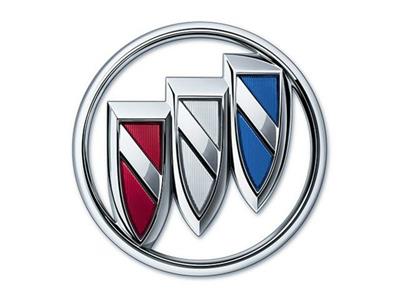
1-888-289-0076

1-888-289-0076

When it comes to the fast-paced and ever-evolving automotive industry, some car companies have struggled to keep up with the changing times. These once-prominent brands have found themselves on the brink of extinction, facing fierce competition, financial challenges, or a lack of innovation. Let's take a closer look at some of the dead brands walking in the car industry.
pontiac, a division of General Motors, was once known for its sleek and powerful performance cars. However, the brand's popularity declined over the years, and in 2010, General Motors made the difficult decision to discontinue the pontiac brand. Despite its loyal fan base, pontiac struggled to differentiate itself from other GM brands and failed to adapt to changing consumer demands.
saab, a Swedish automaker, faced numerous challenges throughout its history. Despite producing innovative and unique vehicles, saab struggled financially and changed ownership multiple times. In 2011, the company filed for bankruptcy and ceased production. saab's demise can be attributed to a lack of profitability, limited market presence, and an inability to keep up with larger competitors.
mercury, a division of ford Motor Company, had a long history dating back to 1938. However, as consumer preferences shifted towards SUVs and crossovers, mercury struggled to find its place in the market. In 2010, ford made the decision to discontinue the brand, focusing its efforts on its core ford and lincoln divisions. The decline of mercury can be attributed to a lack of distinct identity and a failure to stand out among other ford vehicles.
hummer, known for its rugged and imposing SUVs, was a brand that captured attention and controversy. However, as concerns about fuel efficiency and environmental impact increased, hummer's large and gas-guzzling vehicles fell out of favor. In 2010, General Motors discontinued the hummer brand due to declining sales and a changing automotive landscape. Despite attempts to rebrand as a more eco-friendly manufacturer, hummer could not overcome its negative image.
saturn, another division of General Motors, initially gained popularity for its customer-centric approach and no-haggle pricing strategy. However, as other brands improved their quality and customer service, saturn lost its competitive edge. In 2009, General Motors decided to shut down saturn as part of its restructuring efforts following the global financial crisis. saturn's downfall can be attributed to a lack of consistent branding and an inability to keep up with evolving consumer expectations.
plymouth, a brand under the chrysler Corporation, had a long history dating back to 1928. However, as chrysler faced financial difficulties in the late 1990s, the company made the decision to discontinue the plymouth brand in 2001. plymouth struggled to stand out among other chrysler brands and failed to gain a strong foothold in the market. The decline of plymouth can be attributed to a lack of product differentiation and a failure to connect with younger consumers.
The automotive industry is a highly competitive and constantly evolving landscape, leaving little room for brands that fail to keep up. pontiac, saab, mercury, hummer, saturn, and plymouth are among the car companies that have become "dead brands walking," facing challenges such as financial instability, a lack of innovation, or an inability to adapt to changing consumer preferences. With the ever-increasing demands of the industry, it is crucial for car companies to continuously reinvent themselves and stay ahead of the curve to avoid becoming another casualty in the competitive automotive market.